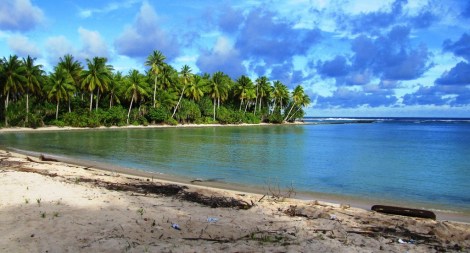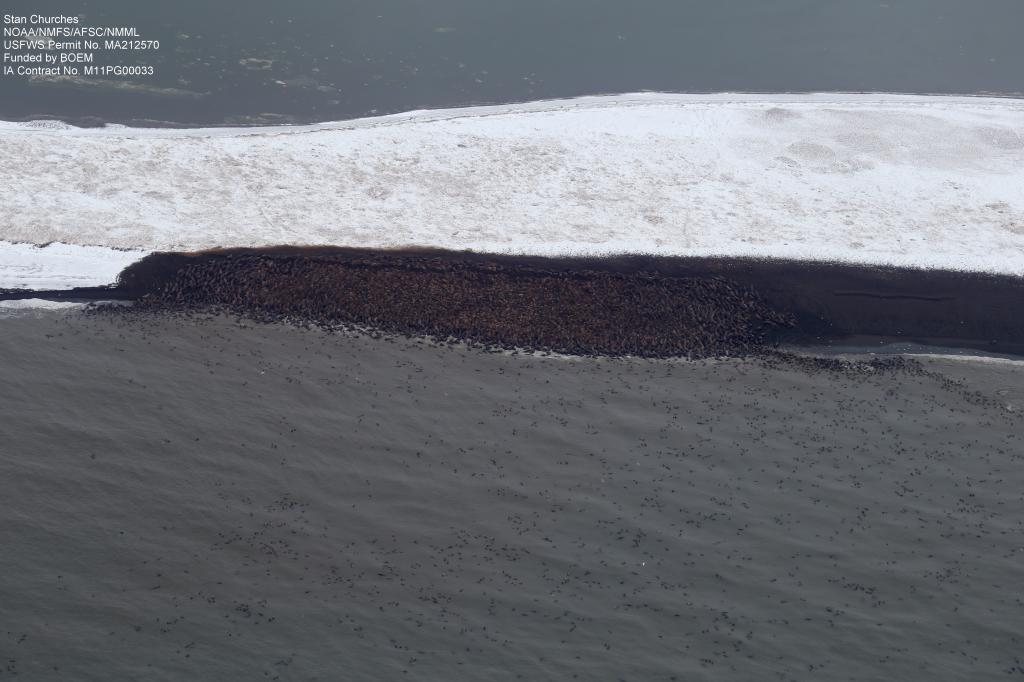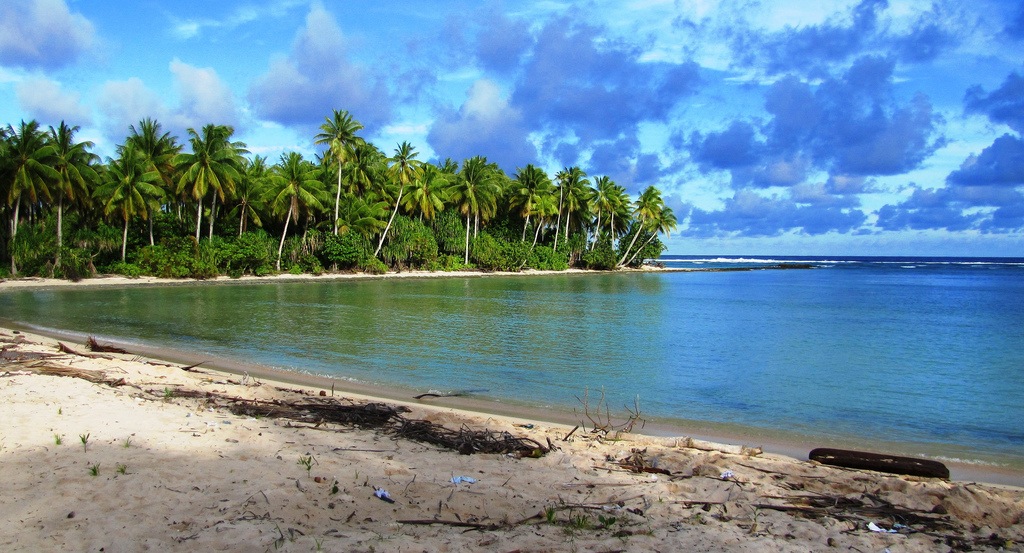A Kiribati couple and their children have left their island home for New Zealand, seeking refuge from rising seas — and the fate of their immigration case could shape the future for thousands of other climate refugees.

KevGuy4101Kiribati looks like a tough place to leave — but some of its citizens driven from their homeland by rising seas are telling New Zealand that they had no choice.
We told you last year that the 100,000 people who live on the low-lying Pacific Ocean archipelago are desperately seeking new homes, with waves already submerging some of its 32 carol atolls. Now, attention has turned to the case of a 37-year-old and his wife and kids who are seeking asylum in New Zealand after fleeing six years ago.
Here’s the story the man told New Zealand’s immigration tribunal, via the AP:
The man said that around 1998, king tides began regularly breaching the sea walls around his village, which was overcrowded and had no sewerage system. He said the fouled drinking water would make people vomit, and that there was no higher ground that would allow villagers to escape the knee-deep water.
He said returning to the island would endanger the lives of his two youngest children.
“There’s no future for us when we go back to Kiribati,” he told the tribunal, according to the transcript. “Especially for my children. There’s nothing for us there.”
The tribunal rejected their pleas to stay, saying it has seen no evidence that the family would face imminent danger if they returned home, and pointing out that there are no laws on the country’s books opening its borders to refugees driven there by rising seas. The case now goes to New Zealand’s High Court, which is due to hear an appeal on Oct. 16.
An attorney representing the husband argues that his client was the victim of an indirect form of persecution, because climate change is caused by humans. A constitutional law expert interviewed by the AP said he did not expect that argument to convince the court. Nonetheless, he believes that the case will help increase pressure on countries like New Zealand and Australia to take in climate refugees from nearby islands.



